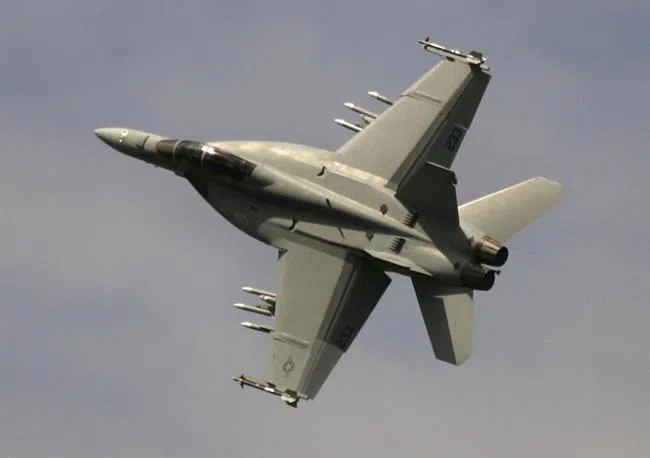
Boeing skips key government information session for fighter-jet companies
OTTAWA — Boeing says it has not decided whether to submit its Super Hornet fighter jet as a potential replacement for Canada’s aging CF-18s, and is instead waiting to see how the federal government will run the multi-billion-dollar competition.
The comments come after government officials briefed dozens of industry representatives and foreign delegates Monday on Canada’s plan to purchase 88 new fighter jets in the coming years for an estimated $15 billion to $19 billion.
Boeing did not send anyone.
Fighter-jet makers were not required to attend the information session to participate in the upcoming competition, which will be formally launched next year, but Boeing’s absence was noticed by many of those in attendance.
